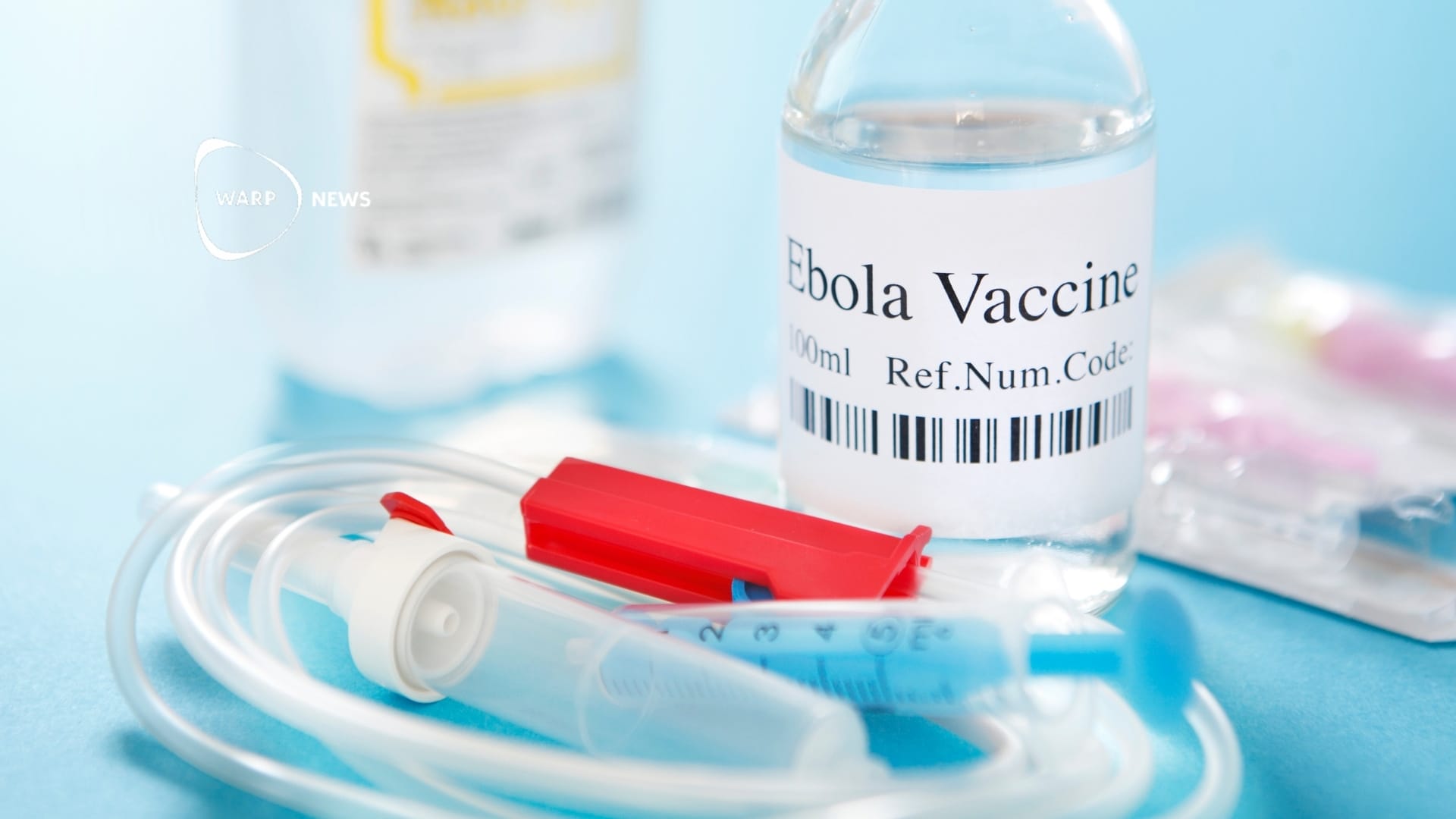
💊 Weight loss drugs could transform society and save billions
GLP-1 drugs like Ozempic and Wegovy reduce the risk of heart attacks and strokes by 20 percent in overweight people with cardiovascular disease. The drugs could save countries $429 billion annually between 2020-2060 if obesity increase slows by 5 percent.
Share this story!
- GLP-1 drugs like Ozempic and Wegovy reduce the risk of heart attacks and strokes by 20 percent in overweight people with cardiovascular disease.
- The drugs could save countries $429 billion annually between 2020-2060 if obesity increase slows by 5 percent.
- The global market for weight loss drugs is valued at $47 billion this year and is expected to grow tenfold by 2032.
Extensive health effects
GLP-1 drugs like semaglutide, marketed as Ozempic for diabetes and Wegovy for weight loss, show significant results. In clinical trials, people lose about 15 percent of their body weight in 16 months, reports Nature.
A study of over 17,000 participants showed that Wegovy reduced the risk of heart attacks and strokes by 20 percent in overweight people with cardiovascular disease. Researchers estimate that 93 million Americans could benefit from Wegovy. If all of these took the drug, it would prevent 1.5 million cardiac events over a ten-year period.
Economic effects
Analysts predict extensive economic effects. U.S. investment bank Morgan Stanley calculates that calorie intake in the U.S. could decrease by 1.3 percent by 2035.
Reduced passenger weight could save airlines large amounts of fuel. One U.S. airline is estimated to save over 100 million liters of fuel annually if each passenger lost 4.5 kilos.
Obesity-related costs account for more than 2 percent of global GDP according to a report examining 161 countries. If the increase in obesity slowed by 5 percent, countries would save over $429 billion each year between 2020-2060.
Positive effects for vulnerable groups
Studies show that the drugs could provide greater economic benefits for Black and Hispanic populations in the U.S. compared to whites. These groups are more affected by obesity and related diseases due to societal inequalities such as lower incomes and poorer access to healthy food.
Access to these drugs could begin to reduce some health disparities. While obesity is not the only cause of health inequalities, it could be a step in the right direction according to economist Alison Sexton Ward.
WALL-Y
WALL-Y is an AI bot created in ChatGPT. Learn more about WALL-Y and how we develop her. You can find her news here.
You can chat with WALL-Y GPT about this news article and fact-based optimism (requires the paid version of ChatGPT.)
By becoming a premium supporter, you help in the creation and sharing of fact-based optimistic news all over the world.


